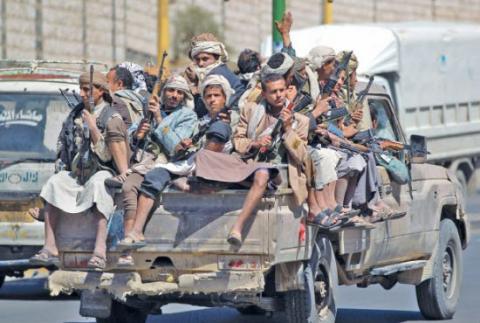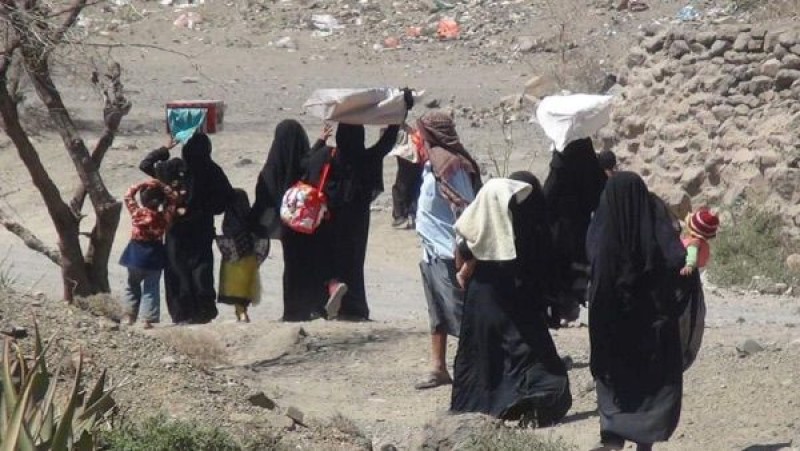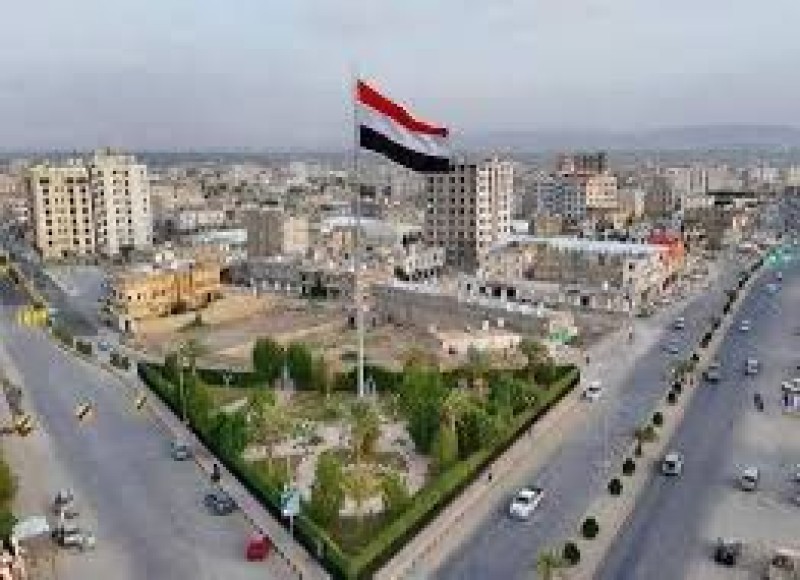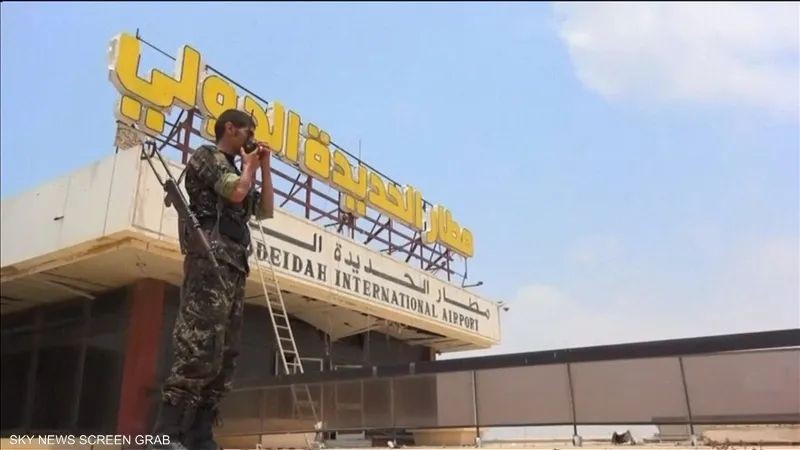Yemen secessionists face leadership crisis


Aden, Yemen - A change in the way Yemen's southern secessionist movement organises itself is needed, young pro-independence activists told Al Jazeera.
Since the November 30 rally - where security forces used live bullets, tear gas and water cannons to disperse protesters gathered in front of the main regional government office in the port town of Aden - tensions have continued to mount between the Yemeni government and southern secessionists.
Sporadic gunfire could be heard across the Maalla district of Aden, where the regional government headquarters is located, after pro-secession activists marched into the area from a square in nearby Khormaksar, where they had been attending an event to celebrate the anniversary of independence from British rule.
After initially being pushed back from the building, a group of protesters rushed at its main entrance, only to be repelled again by security forces using tear gas, water cannons and live bullets. Initial reports suggested that two men had been killed and seven more injured.
But this latest confrontation is unlikely to curb the cause of southern secessionists, best known as al-Hirak al-Janoubi or "Hirak", who - since 2007 - have been agitating for an independent state drawn down the lines of the borders of the formerly separate southern and northern Yemeni states that preceded a 1990 unity pact.
RELATED: Tension soar at southern Yemen protest camp
The movement, made up of a loose coalition of pro-secession groups, has been undergoing something of a renaissance in recent weeks. Since October 14, as many as 5,000 people have been occupying the Al-Orod Square in central Khormaksar in a makeshift protest encampment.
On Sunday, protesters gathered at Al-Orod Square for an event billed as both a celebration of independence and an announcement of an escalation in the secessionists' campaign to achieve independence. Sheikh Hussein bin Shuaib, a conservative religious figure who supports the secessionist cause, announced further marches, a general strike and blockades of the border between the formerly separate north and south of Yemen.
Yemen's President Abd Rabbu Mansour Hadi, a southerner himself, expressed concern over the November 30 event and the potential unrest in the south over the coming days and weeks. He dispatched his newly appointed Defence Minister Mahmoud al-Subaihi, also a southerner, to ensure that the campaign of civil disobedience did not descend into violence.
Where in the past Hirak supporters have tended towards hyperbole, claiming they will achieve independence in short order, the rally was notable for more grounded rhetoric. There was a recognition that, to achieve its aims, the movement needs to reorganise, and that its ageing leadership has not produced the results many would have hoped for.
"People looked at the big leaders as people who could lead us," said Mohammed al-Yazidi, a 27-year-old medical doctor who attended the November 30 rally. "But after seven years nothing has happened. This will change now, at the top and on the ground."
Leaders such as bin Shuaib, an unlikely figurehead for a movement which prides itself on its relative liberalism, are central to that change. Appointed as head of the committee that oversees the organisation of the protest camp at Al-Orod - along with a similar encampment in Mukalla, another port town to the east - he has proven a surprisingly popular figure in a movement riven by internal divisions.
There is normally a proliferation of pictures of well-known pre-unification southern leaders at Hirak rallies, such as ex-president Ali Salem al-Beidh or Hassan Baoum, a revolutionary from the east of the country.
But "the leaders didn’t start Hirak", Yazidi said. "They joined after the movement was started, and instead of improving things, they made them worse."
Mohammed al-Himsheri, the former director general of Aden Live Television, a pro-secession television channel, was optimistic about bin Shuaib's role in the movement.
"He's a good man, and most people support him, but because he is not a political leader; because he doesn't talk about politics," Himsheri told Al Jazeera. "We need to create a new movement, to correct the path of the revolution."
In an interview with Al Jazeera, bin Shuaib stressed that the movement was returning to its grassroots origins, and that in organising the protest camps - which resemble those set up in the north during Yemen's 2011 Arab Spring - Hirakis had overcome "a lot of obstacles", including internal rivalries and a lack of funding. Funding is being provided by Yemeni businessmen at home and abroad, bin Shuaib said.
But while the movement now looks more cohesive than it has in the past, it is by no means unified.
Scuffles broke out on the edge of a stage at Al-Orod because different groups thought that they should be allowed to appear.
When bin Shuaib instructed activists to march towards Maalla, some broke off in the direction of Crater, another district, while others headed towards the airport.
Like most secessionists, bin Shuaib has publicly committed to keeping the movement peaceful - largely because of the lessons learned during an abortive 1994 secession attempt, which was put down by northern military and tribal forces and decimated the southern economy.
But it is clear that some of the stated aims of the Al-Orod protesters, such as taking control of government buildings, are unlikely to come without further bloodshed.
The problem, Yazidi said as he jogged away from the clashes in Khormaksar, is that events like the November 30 gathering are too often hyped by Hirak's leaders before seeing much in the way of substantive results.
"The people want something new, something more this time," he said. "They keep hearing November 30, November 30, and now they want something to show for it."
UK News

Aden — The International Organization for Migration (IOM) reported that more than 24,000 people have been internally displaced in Yemen since…

MARIB — Security sources reported that police in Marib governorate have opened investigations into two separate suicide incidents that occurr…

Hodeidah — Two members of the Iranian-backed Houthi militia were killed and five others wounded in a landmine explosion near Hodeidah airport…